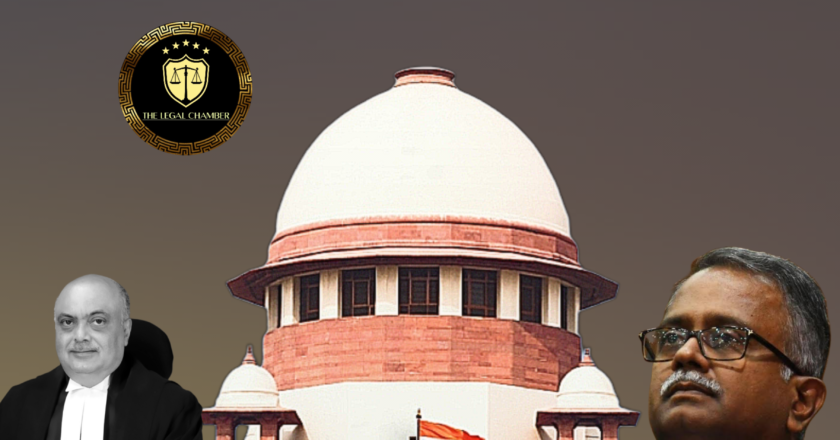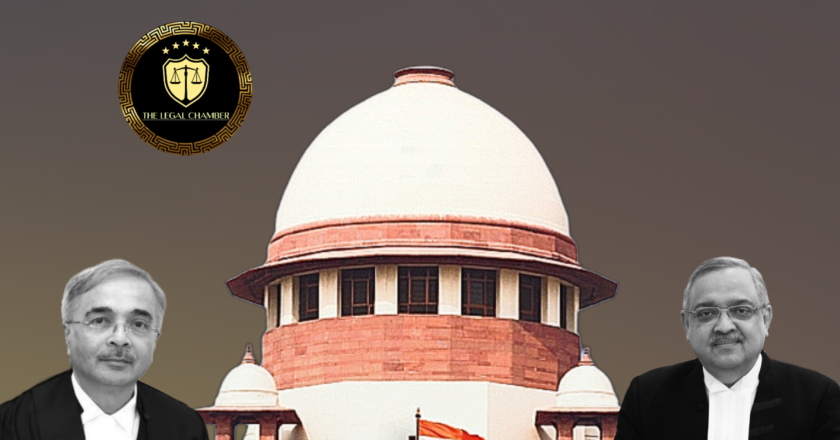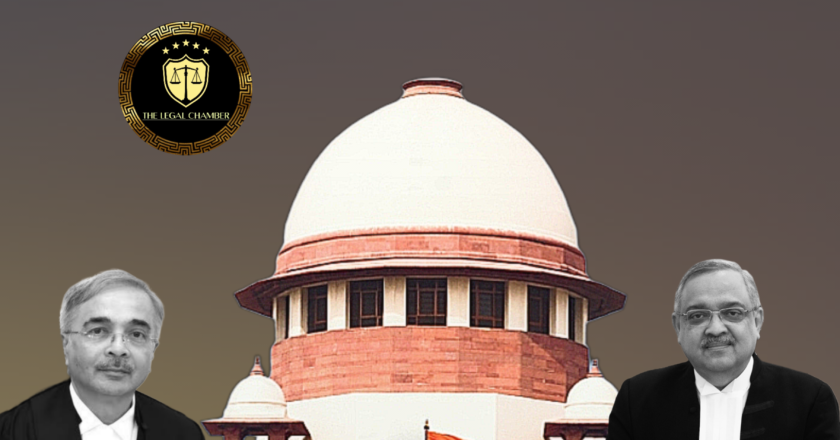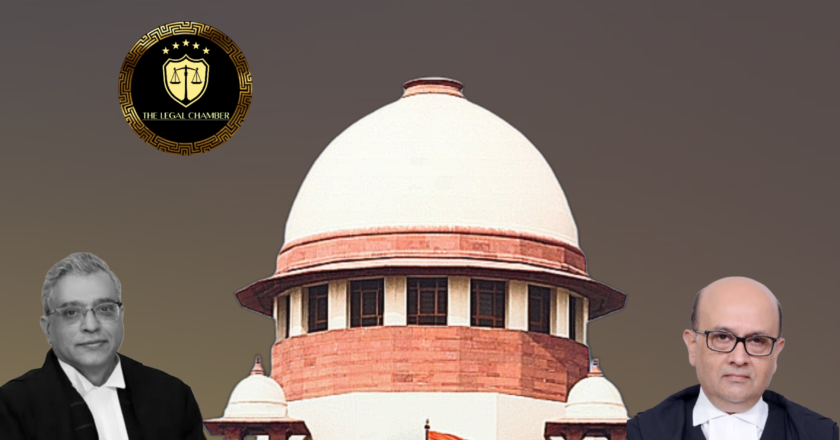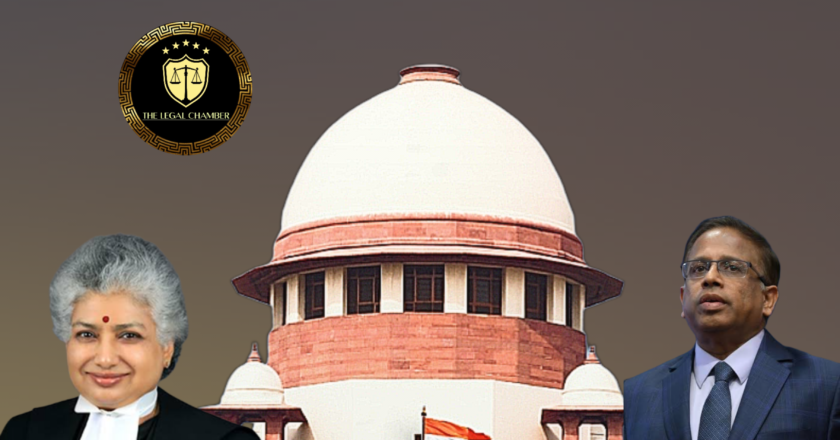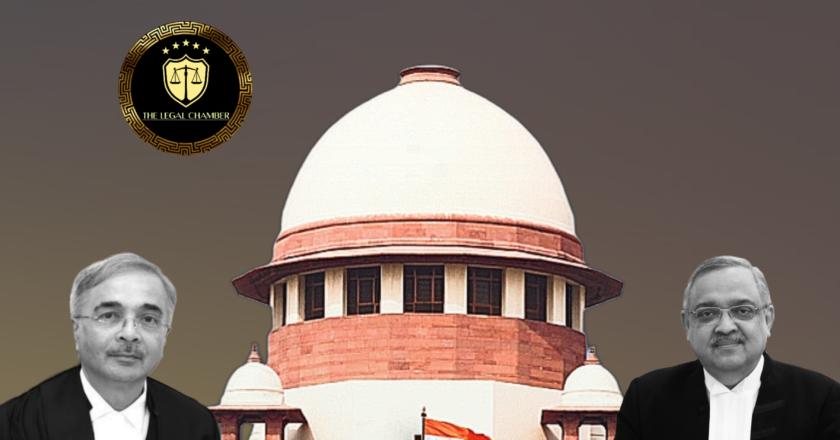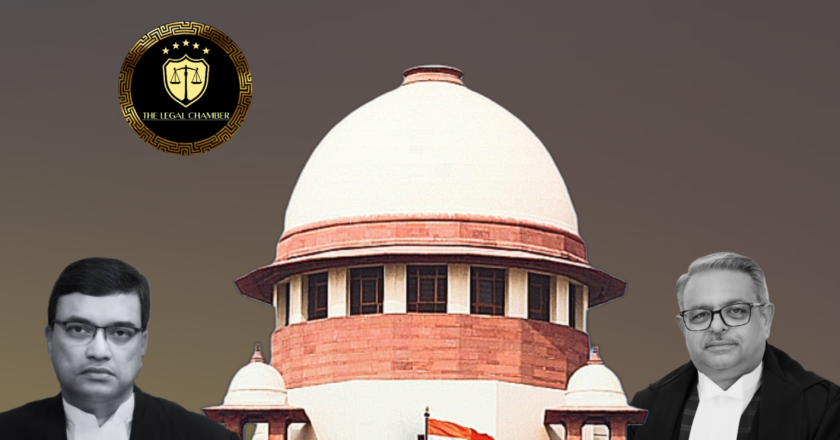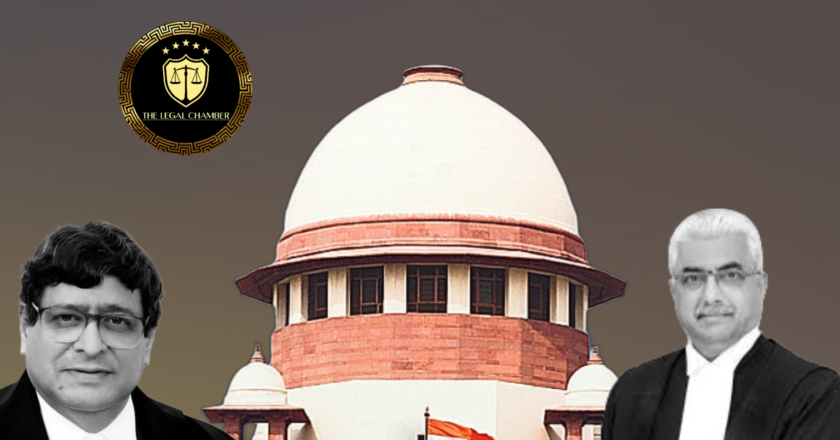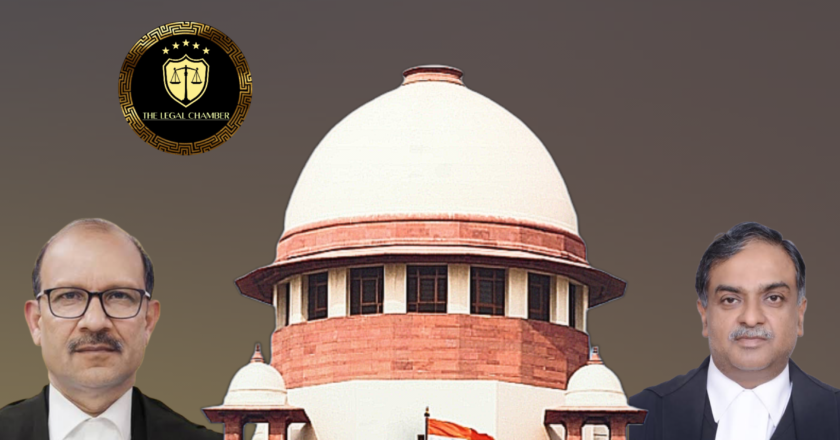Simplifying the Supreme Court’s Order 37 Judgment: Why “Leave to Defend” is Mandatory
The Supreme Court held that in a summary suit under Order XXXVII CPC, a defendant cannot file a defence without first obtaining "leave to defend" from the court. Permitting a reply to a summons for judgment bypasses this mandatory procedure, which effaces the fundamental distinction between a summary suit and an ordinary suit. The Court set aside the impugned order for this procedural deviation.
Facts Of The Case:
The case originated from a commercial summary suit filed by the appellant, Executive Trading Company, to recover a sum of over Rs. 2.38 crore from the respondent, Grow Well Mercantile. The suit was instituted under the special fast-track procedure of Order XXXVII of the Civil Procedure Code (CPC). After the defendant entered appearance, the plaintiff served a "summons for judgm...
